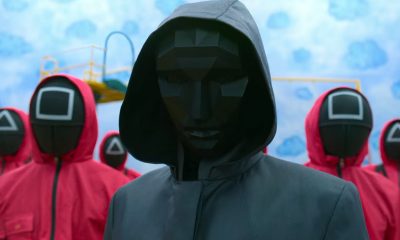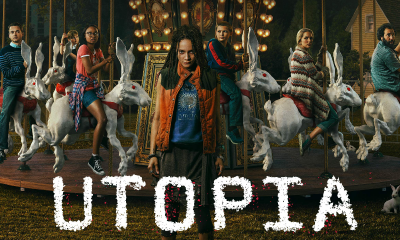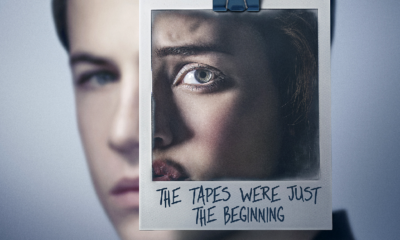Movies and TV
An In-Depth Look at the Messages and Symbolism in Squid Game 2
The second season of Squid Game was about attracting young viewers to expose them to violence, symbolism, and, more importantly, powerful messages. The main one: Conform to the elite or pay the price. Here’s an in-depth look at Squid Game 2.
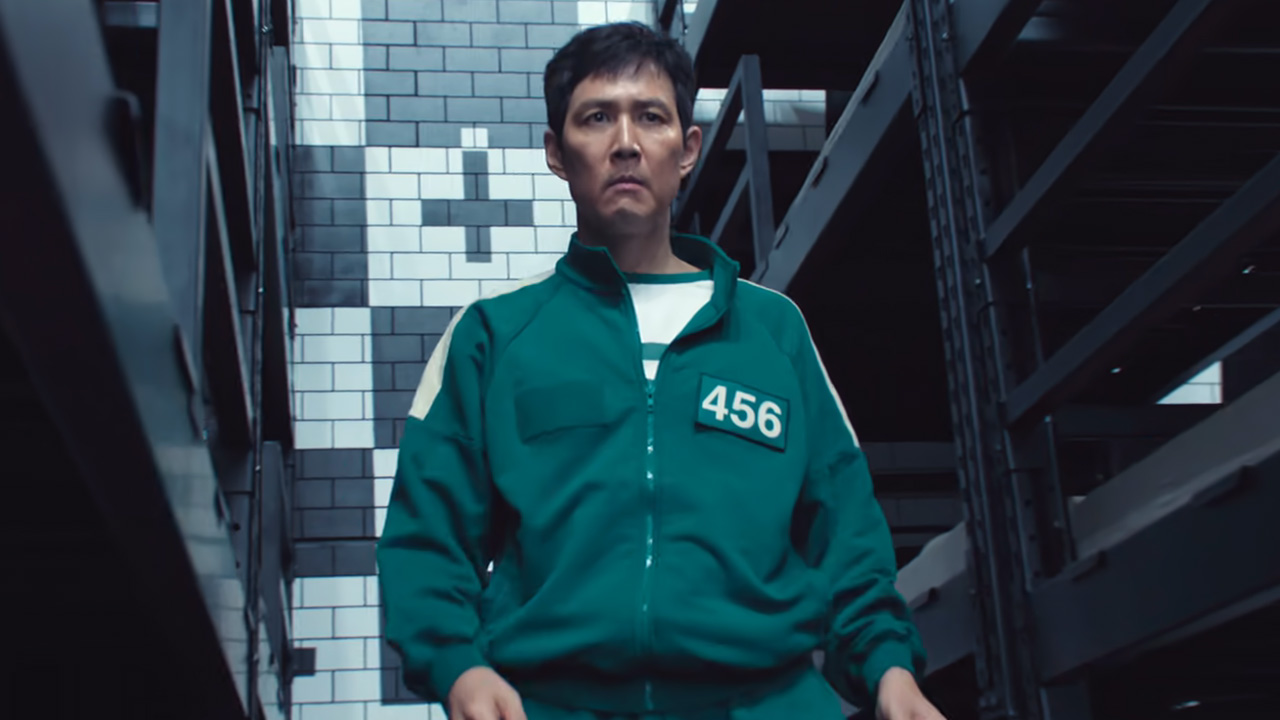
Warning: Dystopian spoilers ahead!
In the first season of Squid Game, hundreds of poor people were recruited by a shady organization to participate in children’s games. The reward: The winners get lots of money. The catch: The losers get violently killed.
As my article about the first season explained, behind the series’ twisted games and shocking violence were embedded messages about society. While some mass media critics claimed that the series was “anti-capitalist,” it went way beyond that.
In the season’s final episodes, viewers discovered that the games were created to entertain wealthy yet perverted people. And, through subtle yet unmistakable symbolism, Squid Game pointed to the real-life counterparts of these elite guests.

In this highly symbolic scene, the three finalists of the game are made to dine in a setting that is replete with Masonic symbolism (more on this later).

The logo of the series sums up its message. The rectangle represents the masses. The circle at the bottom represents those who are poor and heavily in debt. The triangle represents the elite ruling over the masses. The upper circle represents the all-powerful occult elite that controls the world. Squid Game is about the top playing with the bottom.
In short, the first season was about the occult elite controlling the masses through manipulative tactics. The people at the bottom are portrayed as cattle that can be sacrificed ritualistically for the pleasure of those who rule them.
Despite these dark messages, Squid Game became Netflix’s biggest series. A significant reason for this success is the intentional marketing targeted at children and the constant flow of viral content on platforms such as TikTok. Through underhanded ways, the makers of Squid Game attracted children and teenagers to then expose them to extreme violence, intense dehumanization, and, even sadder, to a dystopian system where non-conformity to the elite’s rules results in death.
Targetting Children
In my article about the first season, I also highlighted that Squid Game appealed to children in numerous ways. After luring these young eyes, the series exposes them to extreme violence and toxic, demoralizing messages.
The second season is guilty of the same tactics.
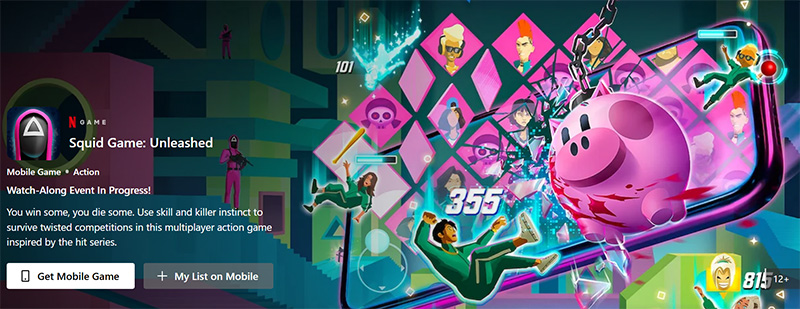
Netflix promotes a mobile game based on Squid Games. This is clearly made to appeal to children and incite them to watch the series.
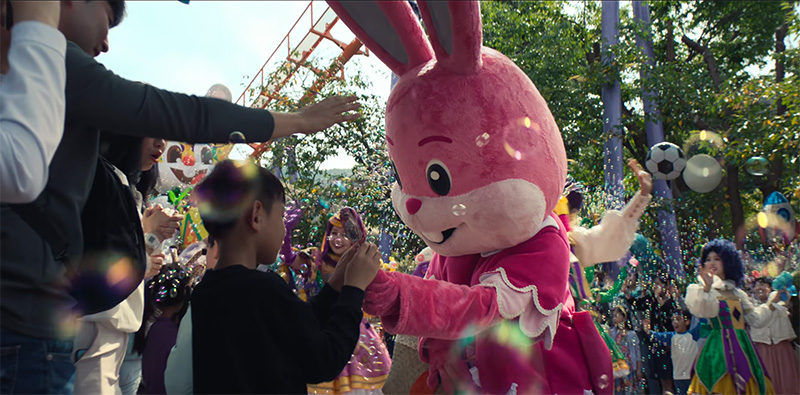
Some (somewhat unnecessary) scenes appear custom-made to attract and keep children’s attention with colors, costumes, and music.
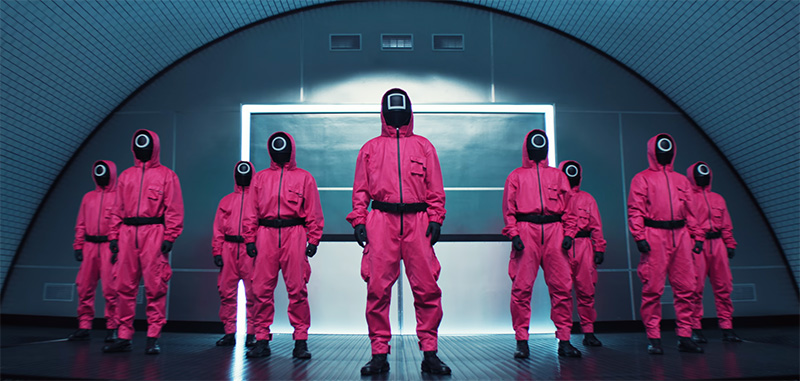
The soldiers still look like Playstation buttons. Combined with the name Squid Game, everything is in place to catch young gamers’ attention.

Most scenes take place in colorful settings reminiscent of children’s playgrounds. The screenshot above is seen at the beginning of every episode as it integrates the Netflix logo. It’s their way of saying: “Yes, we are part of this maze of indoctrination.”
Some might say that there’s nothing new about children watching violent content. However, the violence in Squid Game is particularly insidious. We’re not watching a hero shooting bad guys to save his daughter; we’re watching unarmed, defenseless, innocent people being executed by faceless soldiers for failing to comply. In other words, the violence is oppressive, systematic, and dystopian.

The show’s “action” mainly involves the elite’s soldiers shooting down poor people for losing an infantilizing game.
While these scenes were shocking and deeply disturbing in the first season, they’re fully expected in the second. And this is where the second season takes a perverse turn: Viewers actually look forward to the gunning-down scenes because they’re the “fun part.” When this is not happening, the contestants sit around and moan about owing millions of Korean wons. To young people, that’s the boring part.
The second season of Squid Game also starts and ends with suicide.
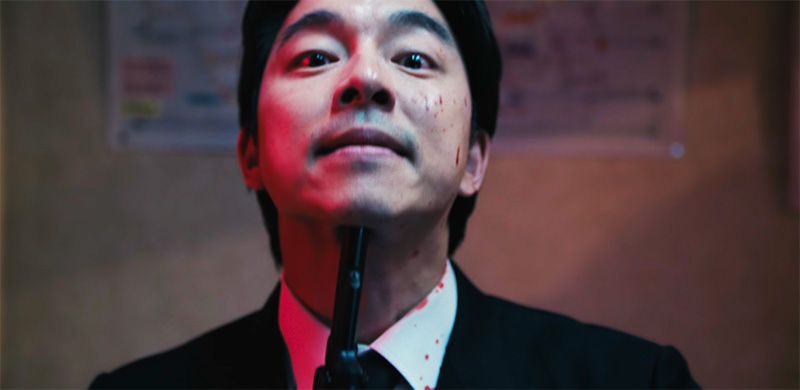
In the first episode of the season, the game’s recruiter kills himself in front of the protagonist, Seong Gi-hun.
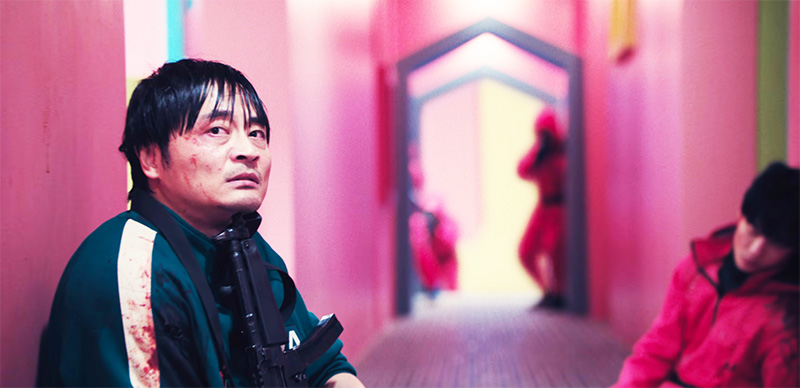
In the season’s final episode, one of the contestants kills himself because the rebellion failed.
So the second season started and ended with similar suicides: By a gunshot under the chin. While the first suicide was a result of the hero standing up to the elite, the second one had a demoralizing message: If you rebel against the elite, you’ll fail.
The lesson: It is better to shut up and conform. And, to deal with this violent and oppressive setting, taking pills is a viable option.
Drugs to Cope

One player – a rapper named Thanos – regularly consumes pills hidden inside his cross pendant. The makers of the show appear to have made a conscious effort to make the pills attractive to young people by making them colorful and candy-like.
Most contestants are terrified and traumatized because they are made to play games that always end in a bloodbath.
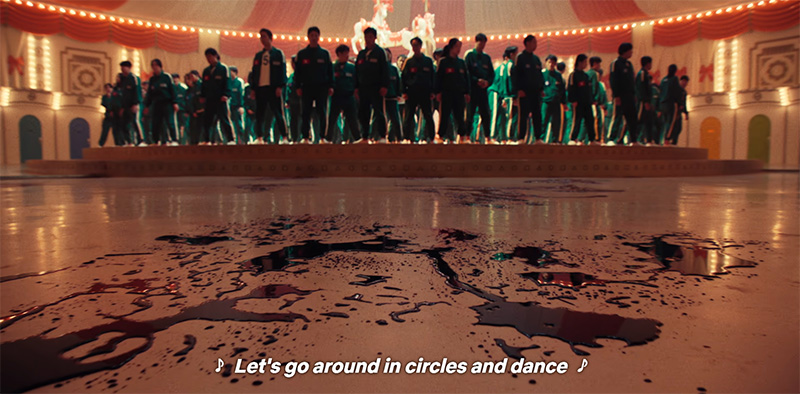
In one game, players must stand on a turning platform as they stare at the blood of those who lost in the previous round. Bizarre fact: The creepy children’s song Round and Round that plays while the platform turns has become a viral hit – another way of attracting young people to the show.
When the platform stops turning, a number is announced. The players must form a group of that exact number and run inside one of the rooms. Those who fail get massacred by the soldiers.
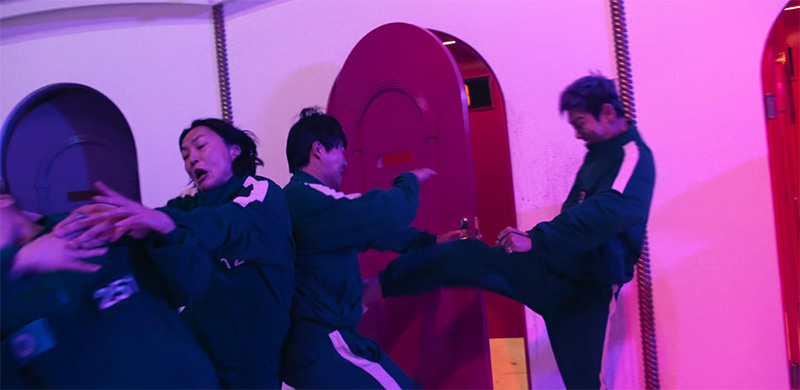
Soon enough, the players are willing to betray and turn on each other to save themselves.
This game illustrates one way the elite controls the masses. People are made to turn “round and round” in society until a “crisis” is generated by the elite, causing a lack of resources (represented by the limited number of rooms into which players run). All unity is lost at this point, and people turn to animals. Then, the elite engages in its favorite activity: Order out of chaos.
While this context is terrifying, Thanos is enjoying himself. Why? Because he’s high on pills.
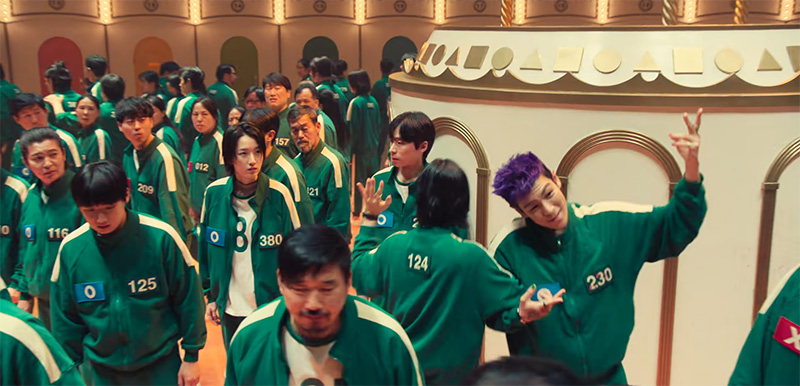
Thanos and his friend are calm and relaxed because they’re numbed by pills.
In Squid Game, there is absolutely no downside to this mysterious drug. It allows Thanos to be in the perfect state of mind to succeed in the games: He’s focused, relaxed, detached, and sociopathic enough to perform and win.
Once again, this can be translated to real life. People are encouraged to consume pills (i.e., Xanax, Adderall, opioids, etc.) to cope with and perform in society like Thanos consumes pills to navigate the harsh and absurd realities of the games. Through Thanos, Squid Game sends yet another toxic message to young viewers: “Synthetic drugs are awesome – they allow you to be a winner.” I’m sure pharmaceutical companies approved of this message.
Through another character, Squid Game‘s second season pushed another agenda.
The Transgender Agenda
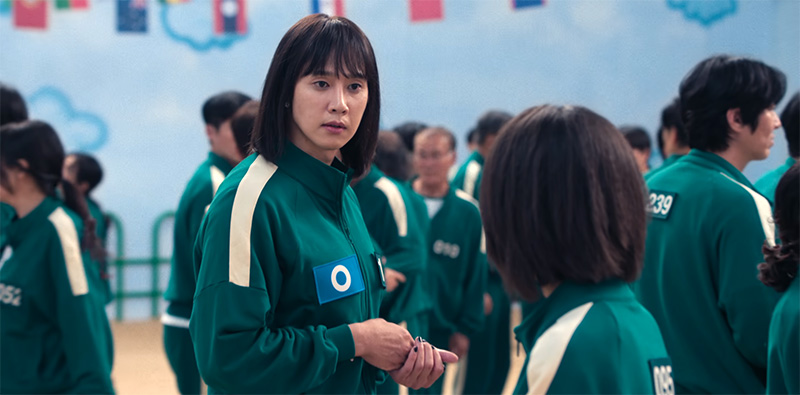
The second season dedicates much time to transgender character Hyun-Ju.
Because Squid Game is the most-watched series in history, you better believe the elite used it to push its obsessive gender-blurring agenda. To do so, the series makers cast Park Sung-hoon – a non-transgender actor – to play the role of a transgender character.
Some LGBT activists criticized the selection of a “cis-gender” actor and requested an actual transgender person to play the role. However, the director of the series replied that there aren’t any transgender actors in socially conservative South Korea.
This confirms that adding a transgender character to the show was not made to “reflect society.” It was forcibly and artificially added for indoctrination purposes. In an interview, the director stated:
“And so by creating a character like Hyun-ju, through her choices, her actions, and the way she carries herself in the game, I hope that that could raise awareness of these issues that we face today.”
The director really wanted the viewers to love this character. So he made Hyun-ju perfect in every way – to the point that it is irritating. Hyun-ju is, all at the same time, smart, sweet, brave, caring, heroic, considerate, and a natural-born leader.
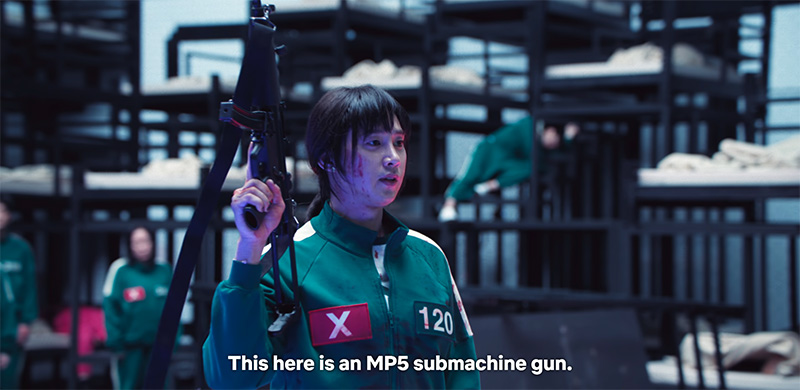
Oh, and Hyun-ju is also an ex-sergeant in the Special Forces who trains the other players to use a machine gun. Of course.
Other than being a supercool superhero with no flaws and all of the qualities imaginable, Hyun-ju’s character is used to teach the world about the transgender agenda and, more importantly, never to criticize it.
In one scene, an old woman asks her son:
– Yong-sik, is that a man or a woman?
– People can do that now. Someone is originally a man but they transition into a woman after a while.
– I don’t get why a man would want that.
– Shh. Quiet.
– It’s one or the other, that’s how things are.
– You can’t say that, mom. Quiet.
You can’t say that. Shh. Quiet. The young viewers of the show are being trained.
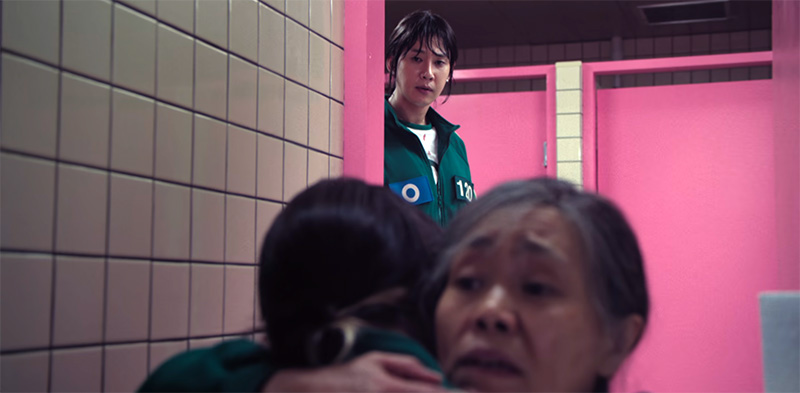
In another scene, an old woman comforts a pregnant girl in the women’s bathroom. Then, we see Hyun-ju lurking in the background.
There is no reason for Hyun-ju to be in that specific scene. It was about normalizing a biological man in the women’s bathroom – an obsession of the elite.
To make sure we all understand that this show is about the occult elite, their symbolism is peppered throughout.
Occult Elite’s Signature
Using visually striking symbolism associated with secret societies, Squid Game makes one thing clear: Those behind the sick contest are not random “rich people”; they’re occult-minded elitists.
At the beginning of the season, Seong Gi-hun finds his way back into the limousine that transports the game’s contestants. There, he discusses with the head of the games through a speaker shaped like a piggy bank.
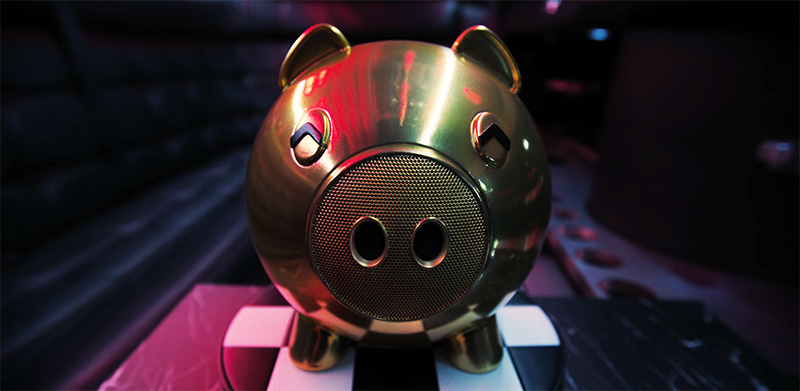
The piggie sits on a checkerboard pattern. As seen above, this detail is not random.

In Masonic lodges, the checkerboard pattern floor is the surface on which transformative rituals occur. In Squid Game, the deaths of contestants are portrayed as ritual sacrifices.
The checkerboard pattern visually represents one of the most essential concepts in occultism: Duality. The black and white pattern represents the opposition between light and darkness, male and female, and good and evil. It is through the union of contrasting forces that “magic” takes place.
The elite likes to believe that it must balance its sick, evil actions with good deeds. That is why the game’s massacres are justified by the fact that they’re helping people leave poverty.
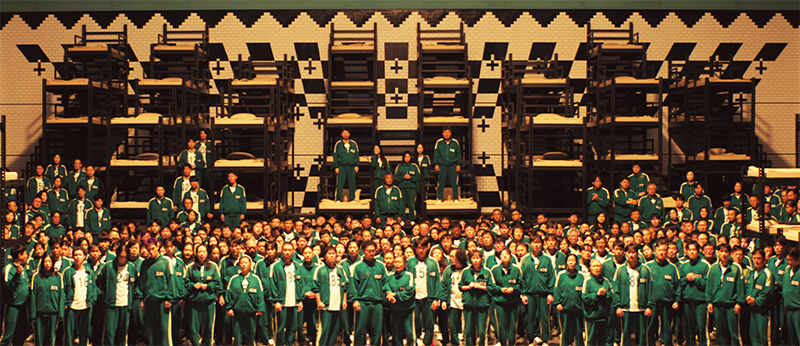
The walls of the contestant’s “internment camp” are highly symbolic.
Most of the season’s dialogues occur in a room adorned with the all-important dualistic pattern. At the bottom of the wall are crosses – a recurrent symbol in the series. At the top are inverted crosses – the main symbol of Satanism – which adds to the dualistic theme. Does this wall represent the Satanic elite ruling over the masses?

Thanos hides pills in a cross-shaped pendant. The cross is adorned with a serpent (associated with Satan) bringing us back to the all-important concept of duality.

Like in the first season, the bodies of contestants who lost are placed in creepy coffins decorated with a bow. The sacrifices are a gift to the elite.
Like the masses in the real world, the contestants are surrounded – without even realizing it – by the symbolism of those who control them. And, like in real life, the elite manipulates the masses through numerous methods.
The Illusion of Democracy
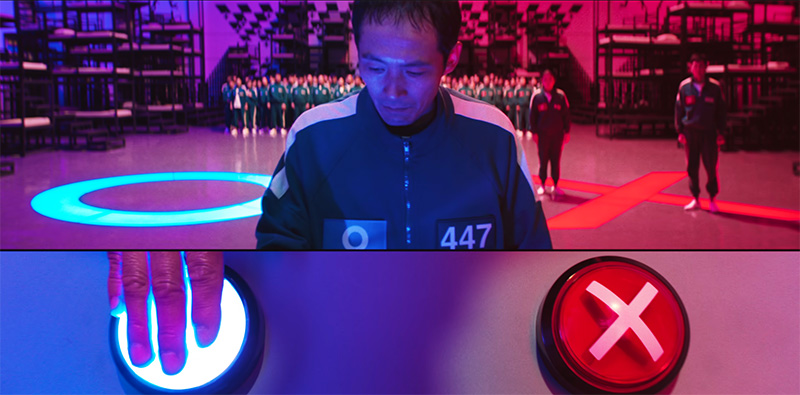
The second season dedicates lots of time to contestants voting. It is difficult not to see parallels with real life.
After each game, the players can vote on whether to stay and make more money or stop and go home.
Like in real life, the voting process serves many purposes. First, it ensures that those participating in the games do so by their own free will – a fundamental concept in the occult elite (notably to avoid karmic retribution). There’s also a more practical reason: To cause division.
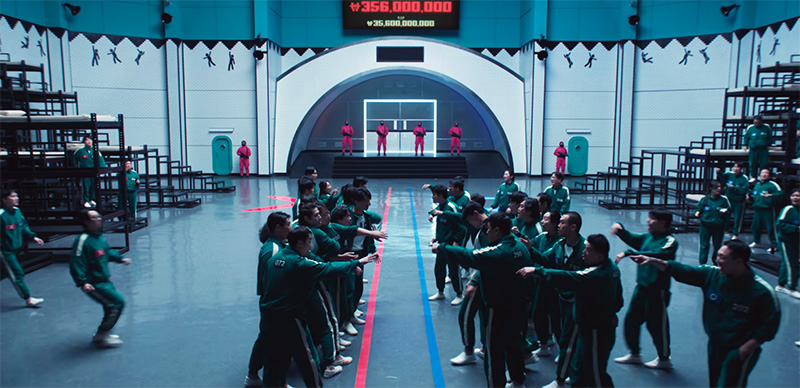
The players are physically divided according to their “allegiance” on several occasions.
Instead of uniting and taking down the people who are massacring them, the players are divided according to their “ideology” and pitted against each other. We can easily see a parallel with real life where the masses are profoundly divided according to their political affiliation (i.e., Liberals vs Conservatives).
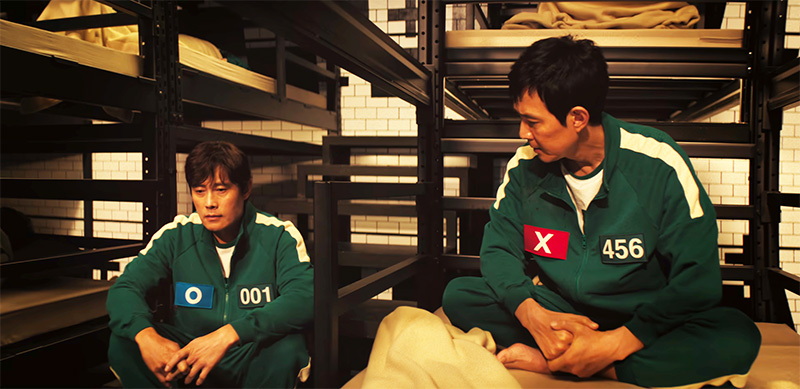
After voting, players must wear an “O” badge if they voted to stay or an “X” badge if they voted to leave. From then on, players are defined by this choice.
In the screenshot above, Player 456 (the protagonist, Seong Gi-hun) sits with Player 001. Like in the first season, Player 001 is actually The Front Man of the game, posing as a regular contestant. In other words, he works for the elite.
For some reason, despite taking part in the previous games, Seong Gi-hun trusts him and is influenced by his comments. However, Player 001 has one goal: To create maximum chaos.
At one point, Player 001 has the deciding vote. If he votes “O,” the games continue. If he votes “X,” it’s a tie; another vote must be taken the next day. He votes for the tie. Why? Because he knows that, during that night, the opposing sides will attempt to kill each other to win the vote.
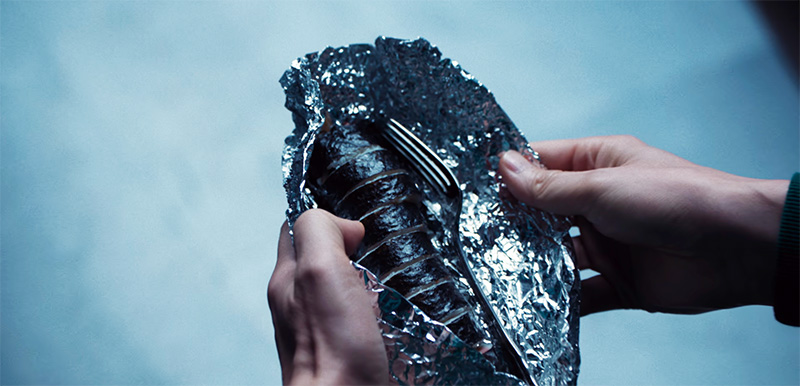
During that evening, the organizers strategically included a fork in the players’ dinner (although it wasn’t necessary). They’re giving the players the means to attack each other.
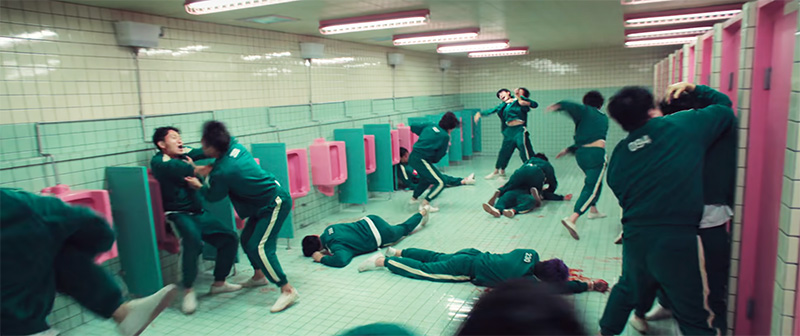
Almost immediately after, the players from opposing sides stab each other with forks.
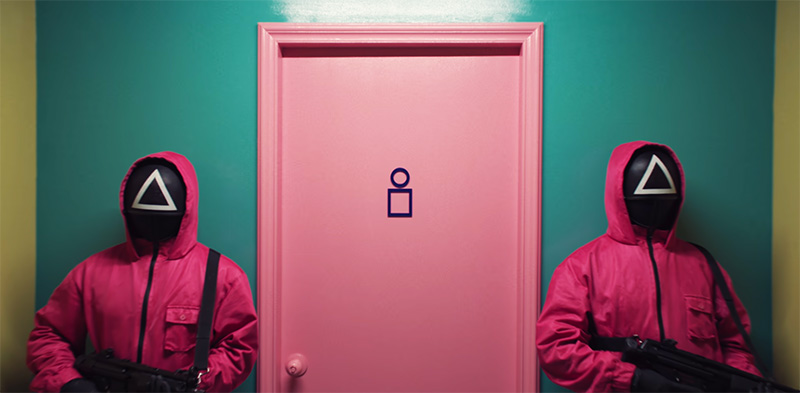
While chaos is happening in the bathroom, soldiers sit idly by. The elite likes to see the masses divided due to political beliefs.
At one point, Seong Gi-hun convinces some players to avoid confrontation with other players and directly attack the games’ organizers. However, his plan involves allowing some players to die in the process. Hearing Seong Gi-hun’s plan, Player 001 (who is part of the elite) says:
– So you’re saying “sacrifice a few for the good of the rest.”
– It’ll be worth the sacrifice if it means we can actually put an end to the games for good.
Player 001 seems pleased with this answer, as this entire thing is based on sacrificing people.
In the final segment of the season, Seong Gi-hun leads an uprising doomed to fail because it was infiltrated by the elite from the get-go.
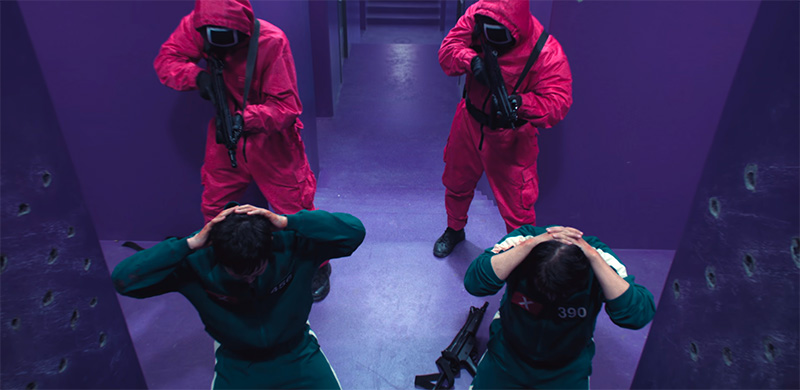
After participating in the uprising, Player 001 lures Seong Gi-hun into a trap, which leads him to surrender.
Player 001 then trades his player outfit for his Front Man costume and reappears to Seong Gi-hun.
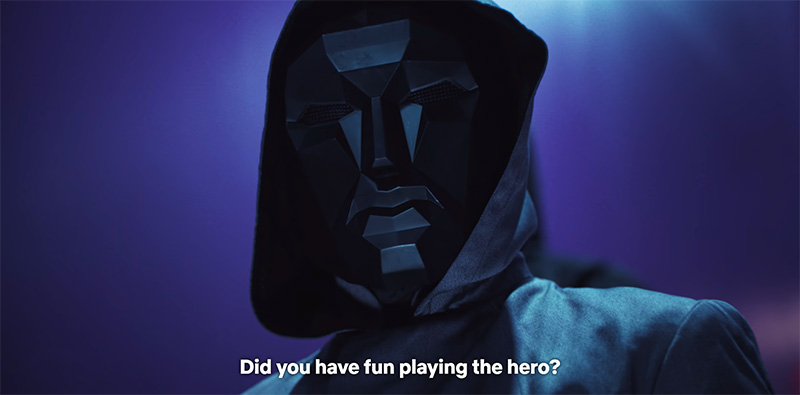
In the first episode, The Front Man asks Seong Gi-hun if he wants to be a hero. In the final episode, he ridicules him for wanting to be a hero.
Squid Game‘s moral of the story: Don’t try to go against the elite. Stay demoralized, take your pills, and keep watching Netflix.
In Conclusion
While Squid Game is a South Korean production, its message is from the global elite and intended for a worldwide audience. The second season ranked #1 in over 92 countries, and with such a massive audience, those behind the show made sure to push agendas.
First, they’ve attracted young viewers through insidious viral marketing – because they’re the most susceptible to indoctrination. Once their attention is captured, these viewers are exposed to a dystopian system where a shady elite controls all aspects of life, and non-conformism leads to “elimination.” Viewers are also taught that taking pills is a good way of coping with this system and that transexual men are perfect beings with no flaws and who definitely belong in women’s bathrooms.
That said, the core of Squid Game is about one of the elite’s most crucial plans: Revelation of the method. Through the show’s games and symbolism, Squid Game reveals how the elite control the masses. It divides people, it rigs elections, and it infiltrates uprisings.
Do you still want to take part in the games?
- Hmm 🤔
- Donald Trump attends WEF conference in Davos (January 2020)
- 100% Proof Our Government is Hiding Nephilim Bodies & Are Trying to Bring Back Nimrod/Gilgamesh. Could Nimrod be the Beast of Revelation 17:8-11?
- Tesla's Elon Musk: We're 'Summoning the Demon' with Artificial Intelligence
- Lindsay Mills : Are you aware of occult symbolism in Her pictures..?!?
- LA Fire Attack Map is identical to the LA Smart City Rail Map
- Birds of a feather flock together …
Get an e-mail notification as soon as a new article is published on The Vigilant Citizen.
-

 Movies and TV2 months ago
Movies and TV2 months agoAdrenochrome and Ritual Humiliation: The True Meaning of the Movie “The Substance”
-

 Latest News3 months ago
Latest News3 months agoKamala’s Campaign Was Objectively the Worst in Recent History
-
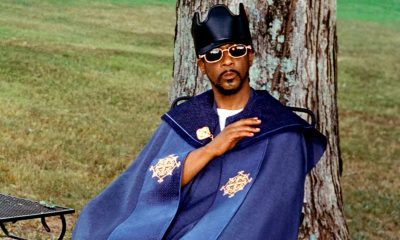
 Pics of the Month2 months ago
Pics of the Month2 months agoSymbolic Pics of the Month 12/24
-

 Latest News2 months ago
Latest News2 months agoWas the Jake Paul vs Mike Tyson Fight a Humiliation Ritual?
-

 Latest News3 months ago
Latest News3 months agoAn “Urban Opera” in Toulouse Using Massive Machines is Denounced as a Satanic Ritual
-

 Movies and TV1 month ago
Movies and TV1 month agoThe Hidden Meaning of “Smile 2”: It’s About Monarch Mind Control
-

 Latest News1 month ago
Latest News1 month agoIt Was Bound to Happen: Jay-Z Accused of Abusing a 13-Year-Old Girl
-

 Latest News1 month ago
Latest News1 month agoReturn of the Pendulum: My 2024 Holiday Message










